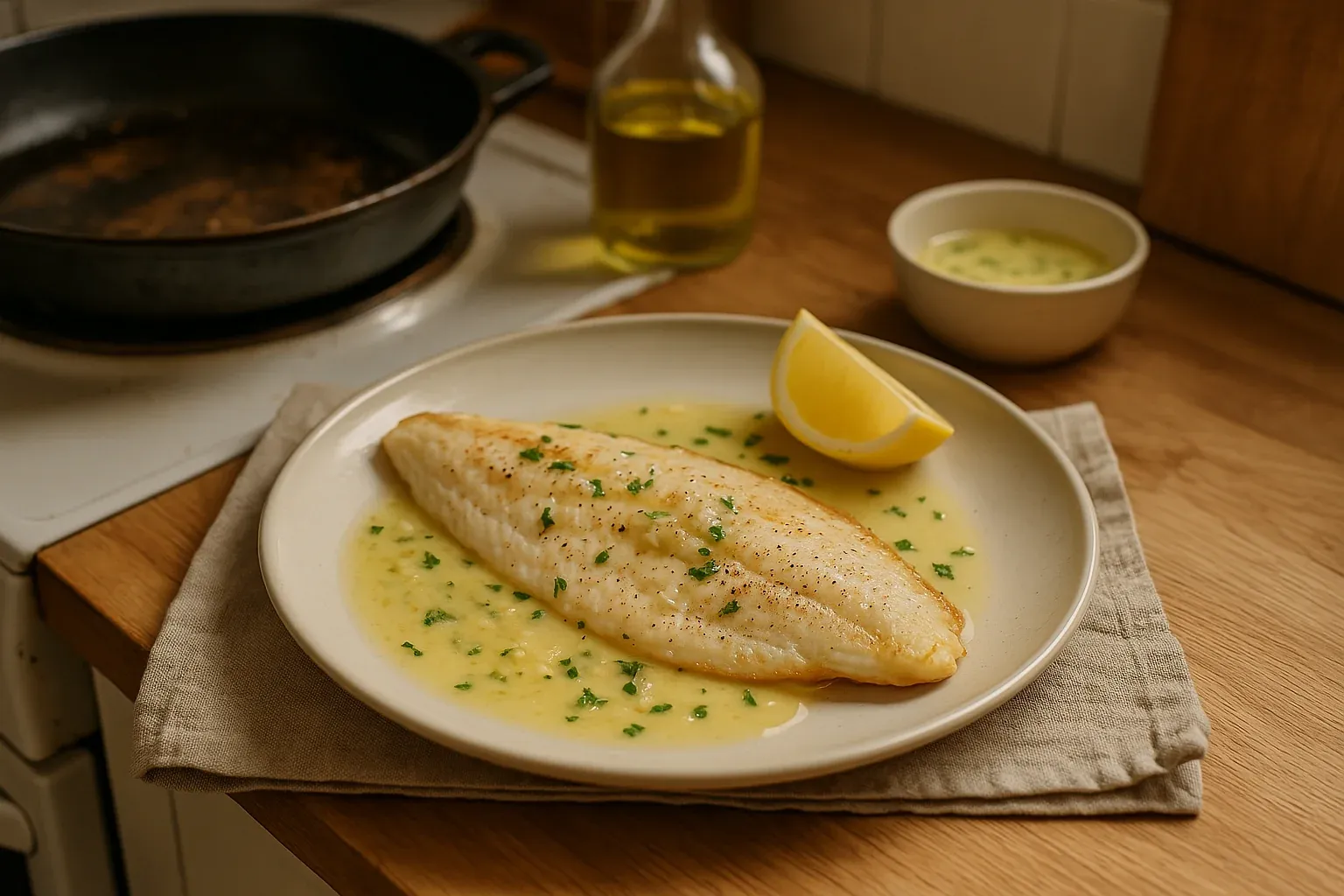My father and I often take a day trip to France. We set out early in the morning from North London and drive onto a train in Folkestone for the 20 minute channel tunnel crossing. A couple of hours in the car and it’s fresh coffee and a pain au chocolate for me.
There are two primary reasons for this pilgrimage: the first is to eat in a wonderful bistro in the small town of Ardres (a six-course meal that lasts all afternoon) and the second is to fill the car with wine, cheeese, bread and other French fare.
On one memorable trip we drove to the harbour at Calais as the last of the trawlers began off-loading their catch to the backdrop of a setting sun. It was one of those perfect scenes that you imagine exist only in French movies: rugged Gallic fisherman with unfiltered Gauloise ciggarettes dangling from their mouths, tossing crates of fish across the harbour with effortless ease. From one such crate of still breathing dover sole, my father and I selected our dinner and headed back to London with excited anticipation. I knew exactly how I was going to cook mine.
Ready
Set
Go!
Recommendations
There is a timing trick with this recipe. You want to complete the last part of the beurre blanc as the fish is finishing cooking. I start the sauce about 10 minutes before cooking the fish. The worst thing you can do is to overcook the sole. You can always serve it with a squeeze of lemon if the beurre blanc is not ready.
Also, you may want to fry the fish in clarified butter which has less flavour than olive oil. Butter alone will burn and cause the fish to brown.
I would also serve this without any fuss on the plate. It is great with some green vegetables (brocolli, asparagus, spinach) and some boiled new potatoes are good too.
You will find dozens of variations for the beurre blanc. Try out a number until you are happy with the one that works best for you.

